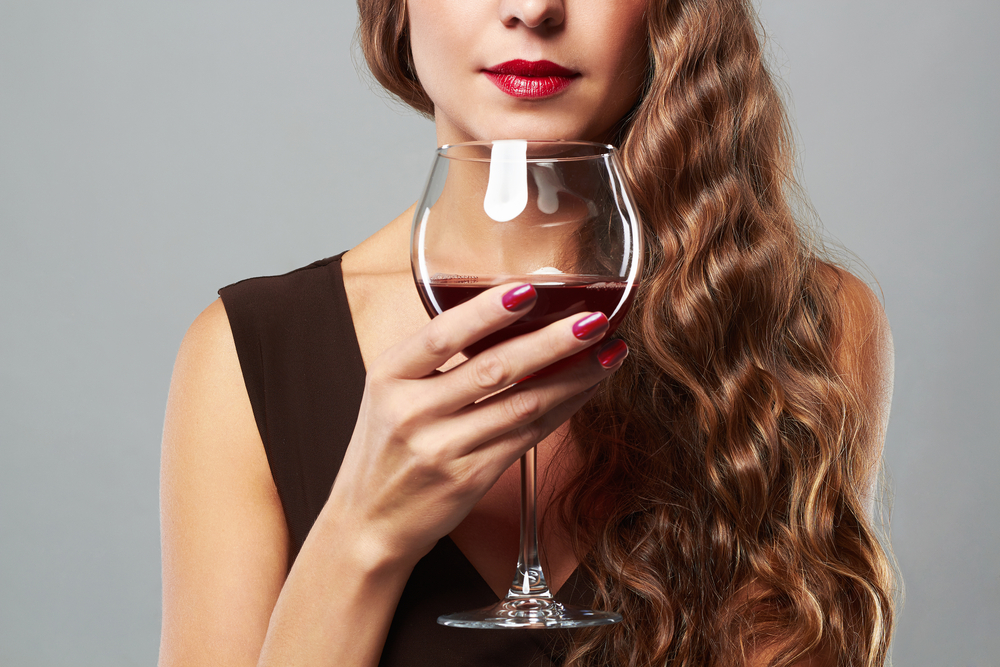Introduction:
Botox, a cosmetic treatment harnessing the power of Botulinum toxin, has gained popularity for its medical and aesthetic benefits. Delving into the aftermath of the procedure, this article explores the intriguing question – can one safely indulge in alcohol post-Botox? In this comprehensive guide, we will examine potential side effects, the intricate dance between alcohol and skin health, and valuable tips for maintaining optimal skin well-being.
Drinking Alcohol After Botox:
- Anecdotal evidence hints at a potential impact on the skin’s recovery if alcohol is consumed immediately after Botox.
- Limited research exists on the interaction between alcohol and Botox, making it crucial to rely on provider recommendations.
- Many cosmetic experts advise a waiting period of 24–48 hours post-Botox before indulging in moderate alcohol consumption.
- Sensitivity to products and the frequency of Botox injections may influence the individual’s response, emphasizing the need for caution when combining alcohol with noninvasive treatments.
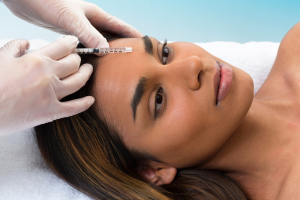
Side Effects of Alcohol Use After Botox:
- Stanford Health Care suggests avoiding alcohol at least 24 hours before Botox treatment to mitigate the risk of increased bruising.
- Combining Botox with alcohol may result in heightened side effects, including swelling and dizziness, exacerbating the potential for adverse reactions.
- Any post-Botox side effects, with or without alcohol, should prompt immediate consultation with a healthcare professional or cosmetic provider.
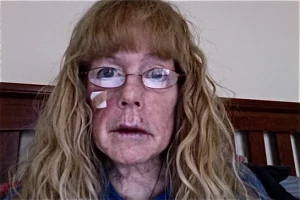
Effects of Alcohol on Skin:
- Alcohol’s inherent dehydrating properties widen blood vessels, leading to flushed skin – a phenomenon akin to certain Botox applications.
- Dehydration induced by alcohol consumption may manifest in various adverse effects, including wrinkles, dullness, puffiness, and the exacerbation of skin conditions such as eczema and psoriasis.
- Understanding the overlapping effects of alcohol and Botox aids individuals in making informed decisions regarding post-treatment alcohol consumption.
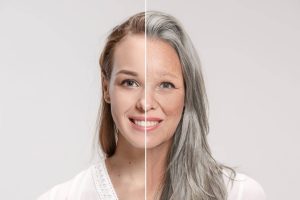
Tips for Healthy Skin:
The American Academy of Dermatology Association provides a set of practical tips to maintain healthy skin:
- Daily use of broad-spectrum, water-resistant sunscreen with SPF 30 or higher on all exposed skin areas.
- Avoidance of tanning beds, opting for safer alternatives like self-tanning products and moisturizers.
- Establishment of a tailored skincare routine, including gentle cleansers, sunscreens, and moisturizers, tailored to one’s skin type (sensitive, normal, dry, oily, combination).
- Refraining from touching the face with unwashed hands to prevent the introduction of germs and irritation.
- Regular skin checks for new spots or moles, consulting a doctor for any noticeable changes, and proactive measures against skin cancer.
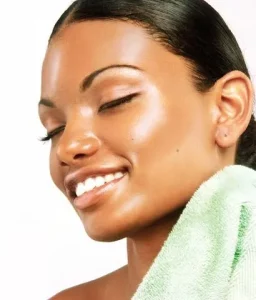
Summary:
Exercising caution when considering alcohol consumption after Botox is paramount due to the potential variability in skin and bodily responses. The dehydrating nature of alcohol, coupled with the impact of Botox, may amplify side effects, necessitating adherence to provider-recommended alcohol avoidance durations. In addition to these precautions, adopting the skincare practices recommended by the AAD contributes significantly to enhanced skin health and aesthetic longevity.

